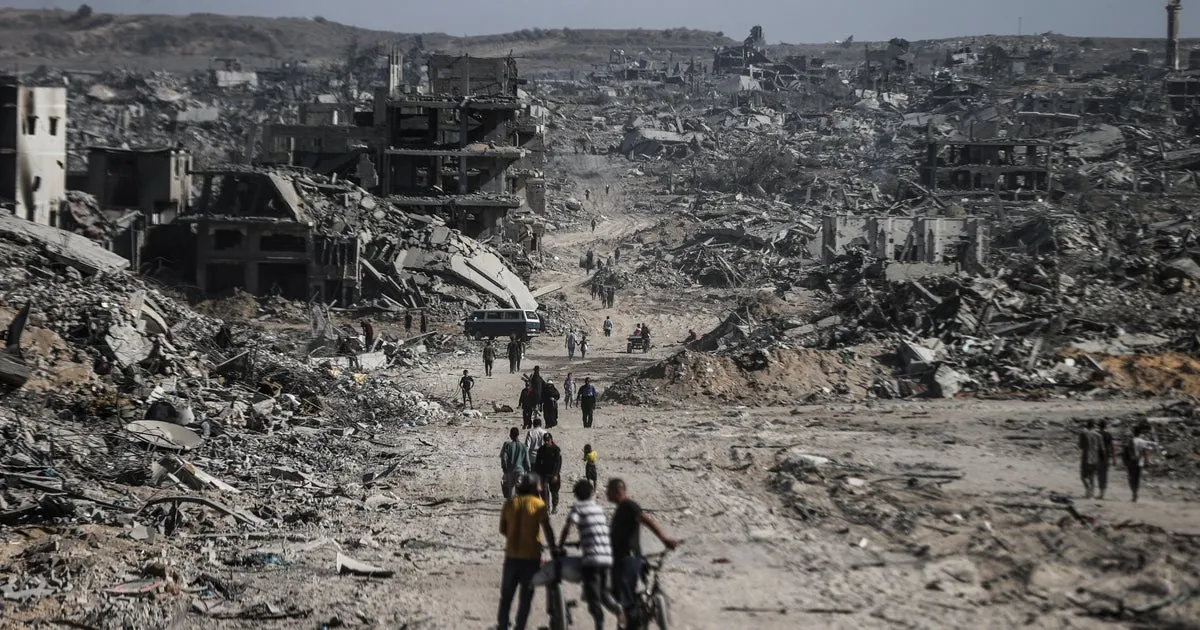
The long-awaited ceasefire in Gaza has officially been implemented, as announced by Israeli officials. This significant step aims to halt the ongoing hostilities and bring much-needed relief to the region. The ceasefire follows intense negotiations and is anticipated to foster a more stable environment for both Israelis and Palestinians.
As part of the ceasefire agreement, a countdown has begun for the release of hostages held by militant groups in Gaza. This development is crucial, as it not only impacts the families of the hostages but also plays a pivotal role in the broader peace efforts in the region. The expectation is that the release will further solidify the fragile truce and open pathways for dialogue.
The implementation of the Gaza ceasefire carries profound implications for future relations between Israel and Palestinian factions. By pausing military operations, both sides have the opportunity to reassess their positions and consider peaceful resolutions. Analysts suggest that this ceasefire could serve as a foundation for more extensive peace talks, potentially addressing long-standing issues that have led to repeated conflicts.
The international community has largely welcomed the news of the ceasefire in Gaza. Countries and organizations worldwide are urging both sides to maintain peace and work towards a sustainable resolution that ensures the safety of all civilians. The focus now shifts to monitoring the ceasefire's effectiveness and ensuring that the terms are honored by both parties.
As the hostage release countdown commences, all eyes will be on Gaza to see how the situation unfolds. The success of this ceasefire will depend on the commitment from both Israeli forces and Palestinian groups. Only time will tell if this moment can be leveraged into a more lasting peace, but for now, the cessation of hostilities offers a glimmer of hope amid a challenging landscape.